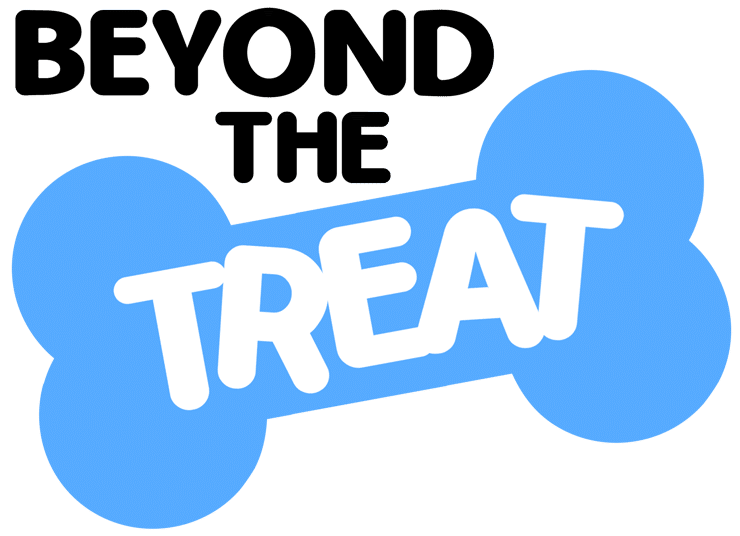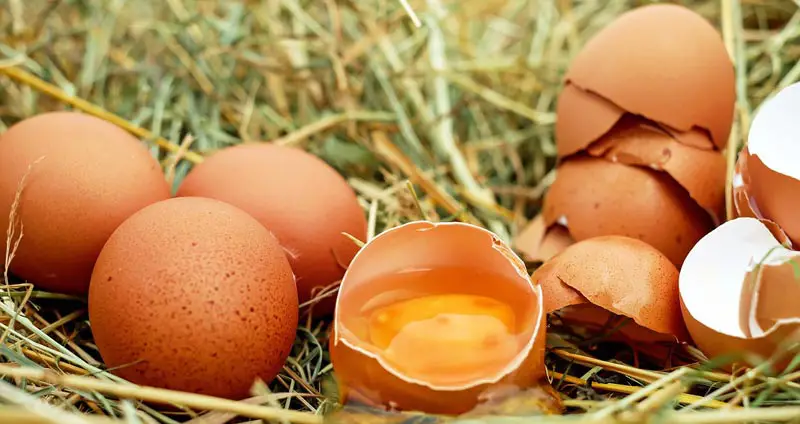Eggs are frequently referred to as nature’s multivitamin, and it’s not hard to understand why. Eggs contain healthy amounts of vitamin A, vitamin B, and selenium, in addition to small amounts of basically every vitamin and mineral that the human body requires. With all of the health benefits that come with eggs, you may be wondering: Can ferrets eat eggs?
Although ferrets require a diet that’s based on meat, you can feed your ferret eggs occasionally. Giving your ferret an egg as a diet supplement is a great way to diversify their diet and give them essential vitamins and minerals.
Table of Contents
What Do Ferrets Eat In The Wild?
In order to better answer the question of whether or not ferrets can eat eggs, it helps to know what ferrets naturally eat in the wild. Over thousands of years, ferrets’ digestive systems have been fine-tuned to efficiently process the foods that they eat in the wild. This makes the process of matching your ferret’s diet to their natural food very important!
Ferrets are classified as obligate carnivores, meaning that meat is an absolute necessity for their survival. Obligate carnivores differ from standard carnivores because standard carnivores gain their nutrients primarily through meat, while obligate carnivores will not come close to meeting their nutrient requirements without meat. They can eat plants, but their digestive systems simply can’t digest and process the plant matter.
In the wild, ferrets consume a wide variety of different animals, eating basically anything that they can catch. The most commonly-eaten animals by ferrets are rabbits, rats, birds, and even snakes. If a nest of eggs is found, it can definitely be eaten by a ferret.
Egg Yolks vs Egg Whites For Ferrets
There are two main parts to an egg (besides the shell, which obviously shouldn’t be eaten), and those are the yolk and the whites. A large debate exists as to whether ferrets should eat just the yolk, just the egg white, or both at the same time. In reality, it’s totally fine for ferrets to eat both the yolk and the whites, but it helps to know what benefits each of them brings when deciding how to feed them.
The yolk of the egg is the area that contains the most vitamins and minerals. Within the yolk, you can find calcium, phosphorus, iron, thiamine, zinc, folate, vitamin B6 and B12, vitamins A, D, E and K, and lutein, carotenoids, and zeaxanthin.
Egg whites mostly just contain protein, which is also very important to ferrets, an animal that needs about 50% of their diet to be protein.
Egg yolks contain a high concentration of biotin, which is a vitamin that works to convert nutrients into energy. The whites, on the other hand, contain avidin, which is an enzyme that binds to biotin and creates nutrient deficiency.
In small amounts, this avidin concentration isn’t an issue as there is such a large concentration of biotin in egg yolks. However, if a ferret is getting enough protein through their standard diet, some owners still opt to remove the egg white and feed only the yolk.
How To Properly Feed Your Ferret Eggs
While eggs may seem like they should be a dietary staple for a ferret due to their many nutrients, that’s not the case. Although there’s no real danger of your ferret getting too much of a single nutrient with eggs, there is unfortunately a downside.
Ferrets that eat more than 2 eggs per week generally experience constipation and intestinal distress. Fortunately, though, there isn’t much of a reason to feed a ferret more than this amount of eggs. When a ferret is given a complete diet, they shouldn’t be lacking in many vitamins and minerals — especially not protein. If you are set on feeding your ferret several eggs a week, it’s best to remove the whites and just feed them the yolk.
If you do want to feed your ferret eggs, it’s important that you first make sure that their dietary needs are being met. Eggs are loaded with nutrients, but they can’t be a dietary staple for your ferret. Once you ensure that you’re providing your ferret with all of the nutrients that they need, then you can focus on supplementation through foods such as eggs.
For a healthy ferret, the primary food in their diet is usually a high-quality ferret kibble. These foods are either made specifically for ferrets and their dietary needs, or there’s some cat foods that provide essential nutrients that ferrets need. Regardless, a quality ferret food should provide your ferret with most of their daily required nutrients.
Can Ferrets Get Salmonella?
Raw eggs are obviously dangerous for humans due to the possibility of them containing salmonella. However, this hazard does not exist for ferrets, so don’t worry!
Due to the fact that they hunt for their food in the wild and feed on prey, ferrets have bodies that can handle microorganisms. A ferret’s short intestinal tract makes it so that ferrets process and pass their food before bacteria can become an issue.
This means that it’s entirely safe to feed your ferrets raw eggs — something that’s actually recommended. Eggs are healthier for ferrets when they’re uncooked, as ferrets have bodies that are used to digesting raw pray. This is very different from humans, as cooking many foods makes them easier for us to digest and process.
Good Egg Alternatives For Ferrets
Eggs do make for an excellent ferret snack, that much is clear. However, you may not want to feed your ferret eggs, or you may want to know what else you could be feeding them. Fortunately, there are quite a few healthy ferret treat options available on the market. Listed below are two of our favorite ferret snacks.
OUR RECOMMENDATION
8 in 1 FerretVite Vitamin Supplement
As far as ferret diet supplements go, this FerretVite supplement is about as good as you can get.
This supplement stimulates weight gain and appetite for ferrets that need a bit more nutrition.
It also keeps a ferret’s skin and coat healthy through the presence of essential fatty acids and taurine.
OUR RECOMMENDATION
Marshall Bandits Premium Ferret Treats
In terms of standard ferret treats, Marshall has created a variety that ferrets seem to absolutely love.
This variety pack of treats helps to supplement a ferret’s diet and reward them for good behavior.
These treats aren’t the most nutritionally-dense, but they’re still packed with protein and lack fillers.



